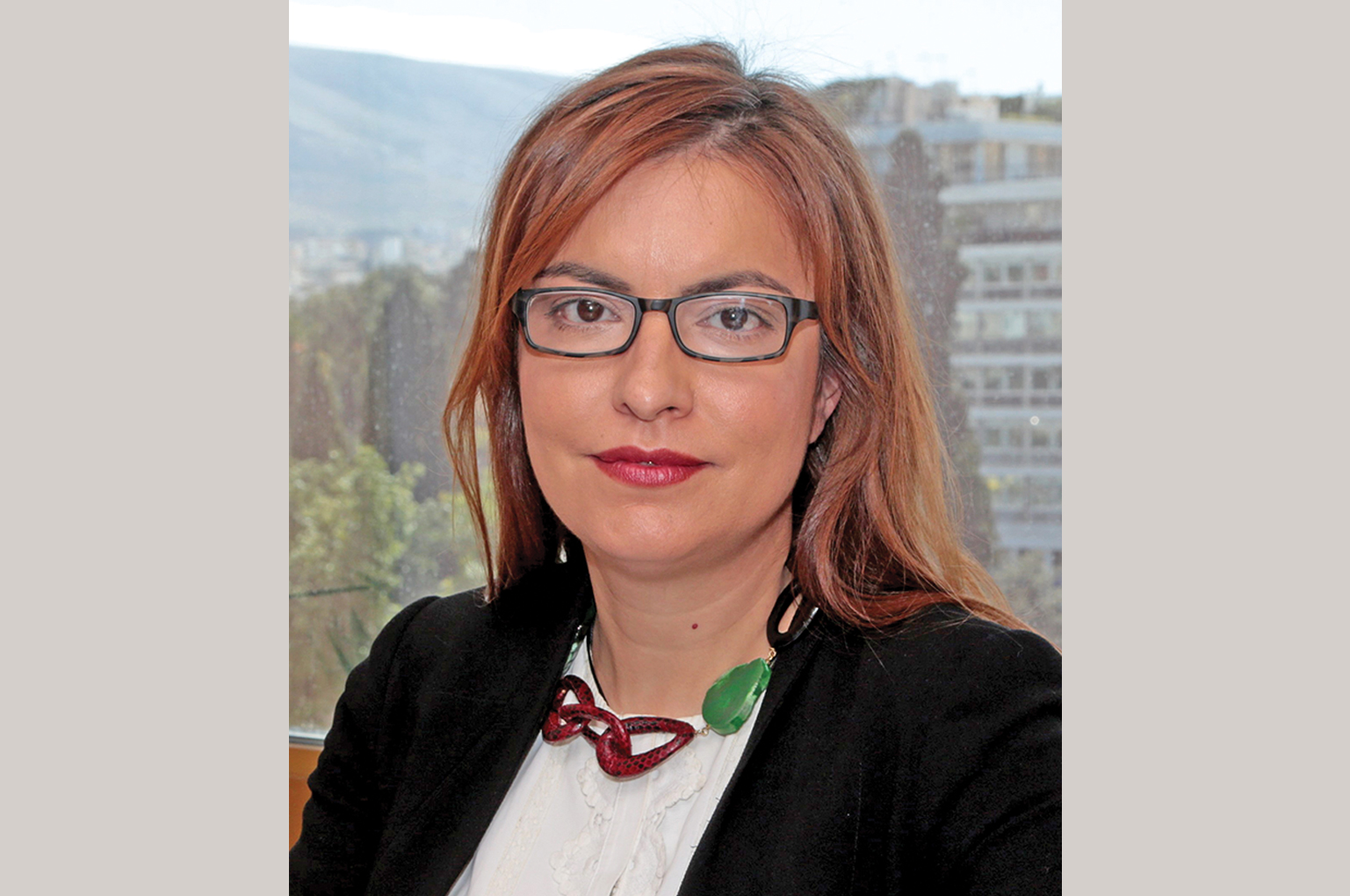
20 Jan Behind the scenes, busy applying standards to state-owned enterprises
Rania Ekaterinari, CEO, Hellenic Corporation of Assets and Participations, delves deep into the art of professionalizing enterprises
As CEO of the Hellenic Corporation of Assets and Participations (HCAP), the state’s holding company for managing public assets, what is your take on the current economic environment in Greece and what would you like your contribution to be?
The crisis is behind us and optimism has returned. We are now witnessing more and more institutional investors showing interest in Greece’s economic prospects. At the same time, reforms are progressing as the government is determined to move ahead, with the privatization program accelerating too. We have successfully concluded multiple transactions over recent years, gen- erating not only significant revenues but also attracting capital investments and enabling major infrastructure upgrades.
These are the kind of projects we want to pursue, with Greece becoming an attractive investment destination and a credible partner. Furthermore, the real estate sector acts as a driving force with differentiated asset classes, feeding multidimensional investment needs.
On the one hand, it is important to have a government that pushes reforms and sets the right legislative framework into place, and on the other hand there’s HCAP’s role, which is significant for two reasons. Firstly, through HCAP’s establishment the ownership separation as described by the Organ- isation for Economic Co-operation and Development is achieved; the state keeps a supervisory and regulatory role and is the clear policy maker.
Meanwhile at HCAP we undertake more of a managerial role in public asset management, applying professional standards and corporate law rights to state-owned enterprises as if they were private companies. Having received strategic guidelines from the Ministry of Finance, our sole shareholder, we set the business priorities, which state-owned enterprises incorporate into their business plans to meet specific key performance indicators.
“Having received strategic guidelines from the Ministry of Finance, we set the business priorities, which state-owned enterprises incorporate into their business plans.”
– Rania Ekaterinari, CEO
Hellenic Corporation of Assets and Participations
How would you review 2019 in terms of sales of state assets and what are your projections for 2020?
The perception of Greece as an attractive investment destination is evi- dent in the success of the country’s privatization plan. More than 50 percent of the privatization revenues since the establishment of the Hellenic Republic Asset Development Fund in 2011 have been generated over the last few years.
The increase in investment appetite is evidenced by cases like the Athens International Airport, where 10 investment schemes have recently submitted expressions of interest for the sale of a 30-percent stake. Overall, between 2011 and 2019, there has been a total of €7.1 billion in proceeds, while for 2020, proceeds are expected to exceed €2 billion.
With the disruption of myriad markets came the need to change the corpo- rate culture of our companies and position them strategically in today’s working environment. Perhaps the greatest challenges involve technology and people. With that in mind, HCAP has taken the initiative to establish an Innovation Network with companies relevant to our portfolio. First and foremost, the network constitutes members of the boards and executives of our subsidiaries that have strong academic and professional experience in the technology sector. The aim of this initiative is to investigate
tech synergies among HCAP’s subsidiaries and to map technology solutions that could promote greater innovation within the HCAP group.
How is HCAP and its subsidiary, the Public Properties Company (ETAD), looking to capitalize on Greece’s strength in tourism?
The creation of ETAD occurred through the merging of different real estate companies that owned or managed assets of various state entities. The majority of those assets suffered numerous legal, planning or permit issues. Our main target is to sort out more of these issues and to create a central registry where everything is digital. By cleaning up and mapping the assets, we also facilitate the maturity process and allow a proper reflection of their actual value for targeted exploitation strategies. Another important parameter, that is also an area in which we are making significant progress, is the quality of financial information flow and good reporting. As such, we have endorsed our subsidiaries to the standardized usage of the International Financial Re- porting Standards, and we have worked closely with the CFOs and finance departments of 15 entities. The upshot has been the generation of more than €1 billion in revenue and over €5.5 billion in assets.


